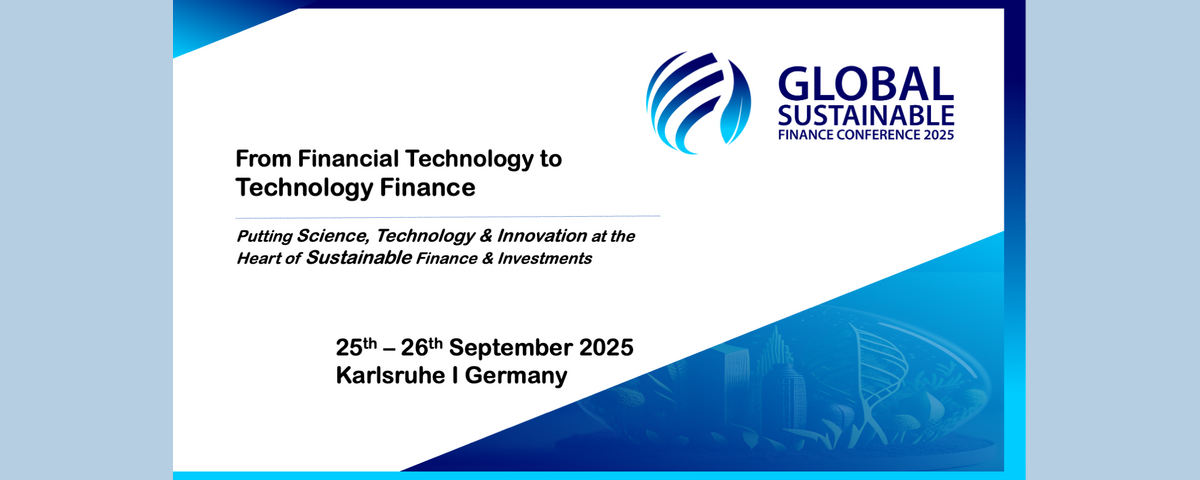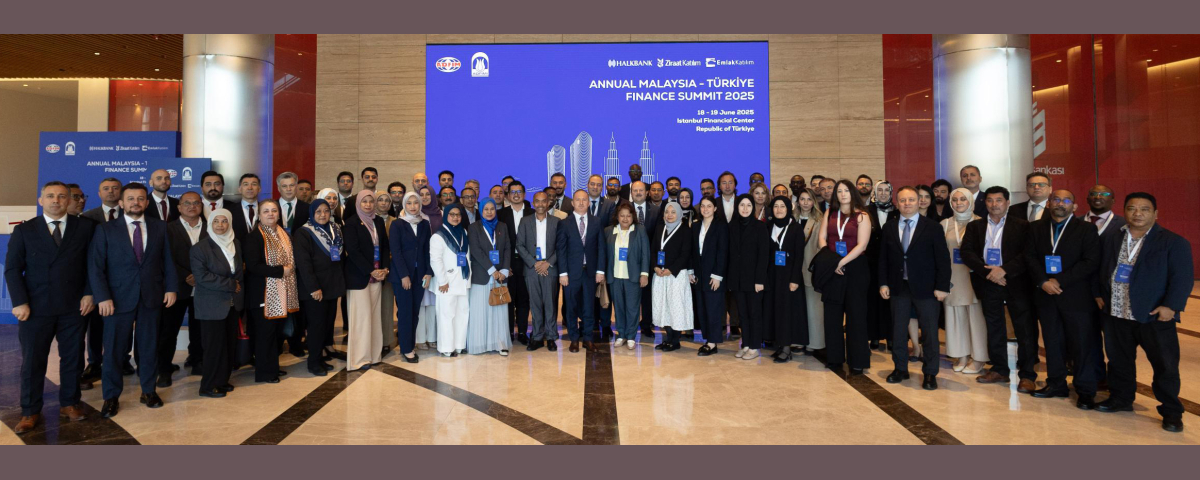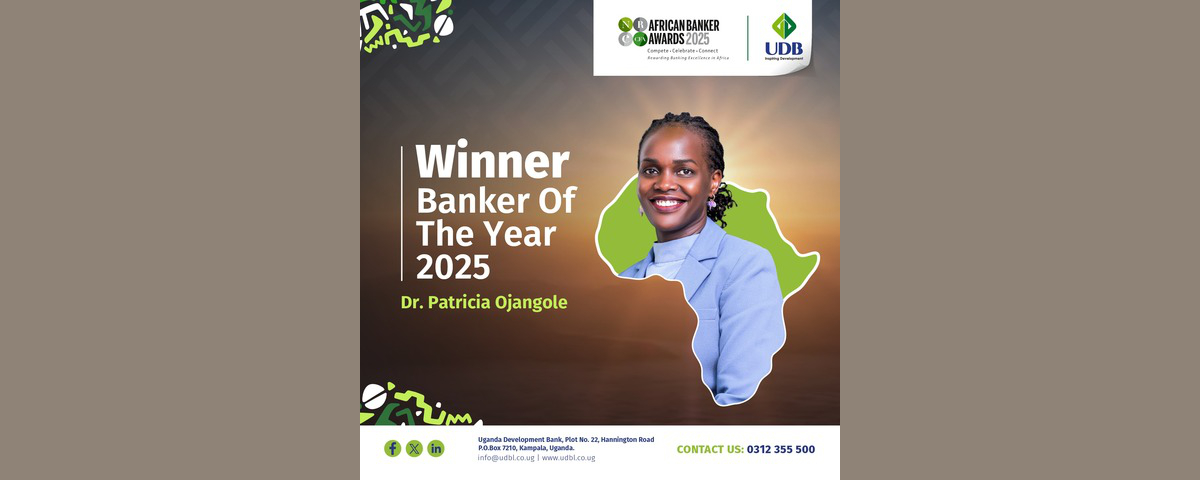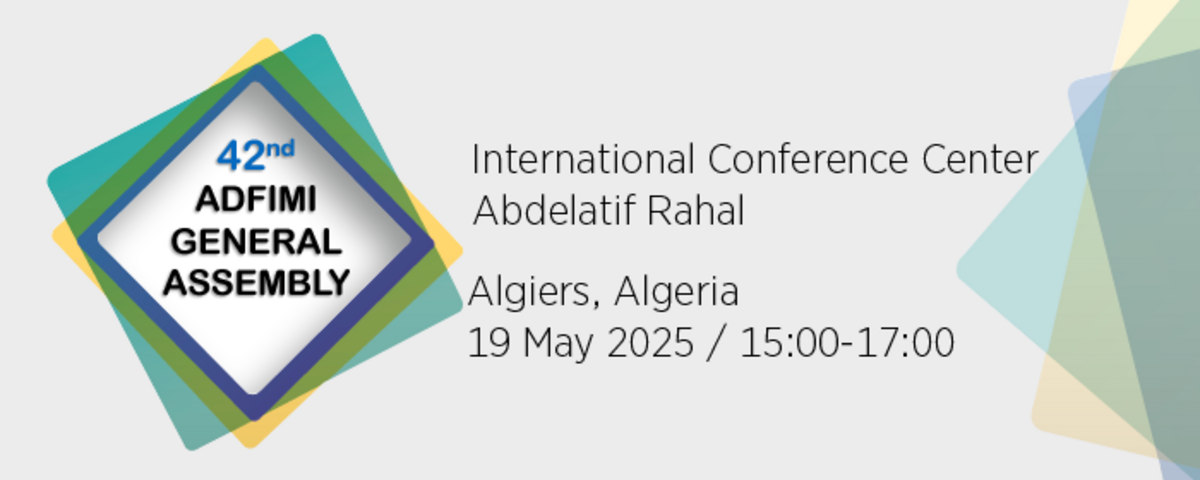Bangladesh Bank (Central Bank) Governor Dr. Atiur Rahman describes developments in Bangladesh econom
Excerpts from Governor’s National Conference on
“Recognition of Non Resident Bangladeshis (NRBs) and Supportive Organizations in Bangladesh”
“Bangladesh is of course on the move despite undesirable political tensions, particularly self-inflicting shutdowns and some infrastructure constraints. Bangladesh can certainly boast of a lot of success stories over the past 40 years since its independence, for example, in attaining high, sustainable economic growth and reducing poverty with significant improvement in all socioeconomic indicators envisaged in MDGs. Some of these success stories are also replicable in many other developing countries. International media and top notch economists including Nobel laureate Professor Dr. Amartya Sen have taken note of this outstanding performance of Bangladesh. No doubt Bangladesh is now put in the potential star performing Next-11 group by Goldman Sachs. One of the pivotal factors behind these success stories has been the direct and indirect contributions of NRBs. Because of their relentless hard work Bangladesh has already become one of the major remittance recipient countries in the world (7th in 2012 according to the World Bank). Remittances in Bangladesh now stand around 10 percent of GDP, rising from 5.0 percent of GDP in the beginning of 2000s. Annual average growth in remittances has increased significantly from 14.8 percent in the 1980s to 19.4 percent in the 2000s. Over the past 4 years (FY 2009-13), remittance inflows in Bangladesh have grown around 11.0 percent on an average, whereas the other Asian countries grew at 7.1 percent (World Bank). The latest trend is even better.
Despite adverse impact from the global economic crisis and political turmoil in the Middle East, the inflows of remittance maintained healthy long-run growth. The financial and external sector of Bangladesh remained resilient in the face of recent global financial crisis and economic slowdown mainly for these inflows. The inflows of remittance in FY 2012-13 were around 14.46 billion, a 12.59 percent growth over the previous fiscal year. Aided by robust growth in exports and remittances, and moderate growth in imports, foreign exchange reserves in Bangladesh are now more than USD 16.0 billion. Despite being a trade deficit country, Bangladesh, the only country in south Asia which enjoyed positive balance in current account during the last five years particularly due to continuation of impressive growth in remittances. This demonstrates inherent strength of our external sector and hence that of our currency. But there is no room for complacency as we need more of foreign reserves if we compare the same with India’s size of reserves. We need this to maintain the on-going confidence of the foreign direct investors who see Bangladesh as a potential destination.
Remittance is one of the major drivers of economic development.
The contribution of NRBs has been at the heart of the policy framework in our mission of becoming a middle income country within next few years. They made significant socioeconomic impact on community as well as household levels through improved living standard, higher investment in children's education, increased spending in healthcare and social security, higher investment in income generating activities like SMEs and other agro-processing activities, outsourcing various international services, upholding social norms and values and so on. NRBs have always been very creative entrepreneurs and since they know Bangladesh so well, they are able to locate appropriate channels for disbursing their money for productive initiatives. As happened in China and India, our non-resident entrepreneurs also deserve strategic support of the state in addition. Supportive organizations can play an important role with an appropriate design through which remittances would directly be invested in our development works. Local NGOs can play an active role in this regard in terms of accumulating and distributing NRB funds for such development activities in remote areas. Given the importance of NRBs’ contribution, the Board of Bangladesh Bank has recently approved licensing of three new NRB sponsored commercial banks. Foreign exchange brought in as capital for the new NRB banks and the foreign-exchange deposits they are likely to attract will further strengthen the country’s balance of payments. Simultaneously these banks will help facilitate FDI inflows particularly from NRB entrepreneurs. Indeed, they have already started design new NRB-friendly financial products.” …
… “Bangladesh Bank has taken major initiatives to ensure easy and hassle free remittance transfer. It has simplified approval policy of drawing arrangements between foreign exchange houses and domestic banks. Thirty-seven banks have already been permitted to set up 1084 drawing arrangements with 288 exchange houses all over the world for collection of remittances. Responding to this arrangement, some banks have already established exchange houses abroad. BEFTN and mobile banking are operating in full-swing to ease remittance disbursement. Micro Finance Institutions (MFIs) are also involved as partners in smooth delivery of inward remittances. Banks are now using the branch networks of the MFIs and Post Offices as the sub-agent for remittance distribution. Mobile banking services have also been made available to our remitters. All these payment facilities have virtually eliminated the informal remittance inflows. Besides, government has taken initiative to send worker abroad under its supervision by only 33 thousand taka with creating a low cost fund facility by setting up a bank named 'Probasi Kollyan Bank' and the first of this kind of public-led manpower export is already flowing to Malaysia. The government is desperately trying to expand its labor market particularly into the East Asian countries, including Indonesia, Singapore and Brunei. Thanks to Arab spring, the salary structure in the Middle East has also been improving for our NRBs. This too has enhanced the level of remittance inflow from Middle East countries. In view of removing all sorts of irregularities, cheating and forgery from the manpower export market, the cabinet of the GoB has recently cleared the ‘Oversees Employment and Migrant Workers Act 2013’ to be placed in Parliament for final approval. All these indicate greater political and institutional commitment for improving the living and job condition of our hard working NRBs. They are our natural national heroes and we will continue to salute them.”


.jpg?id=4_638)



